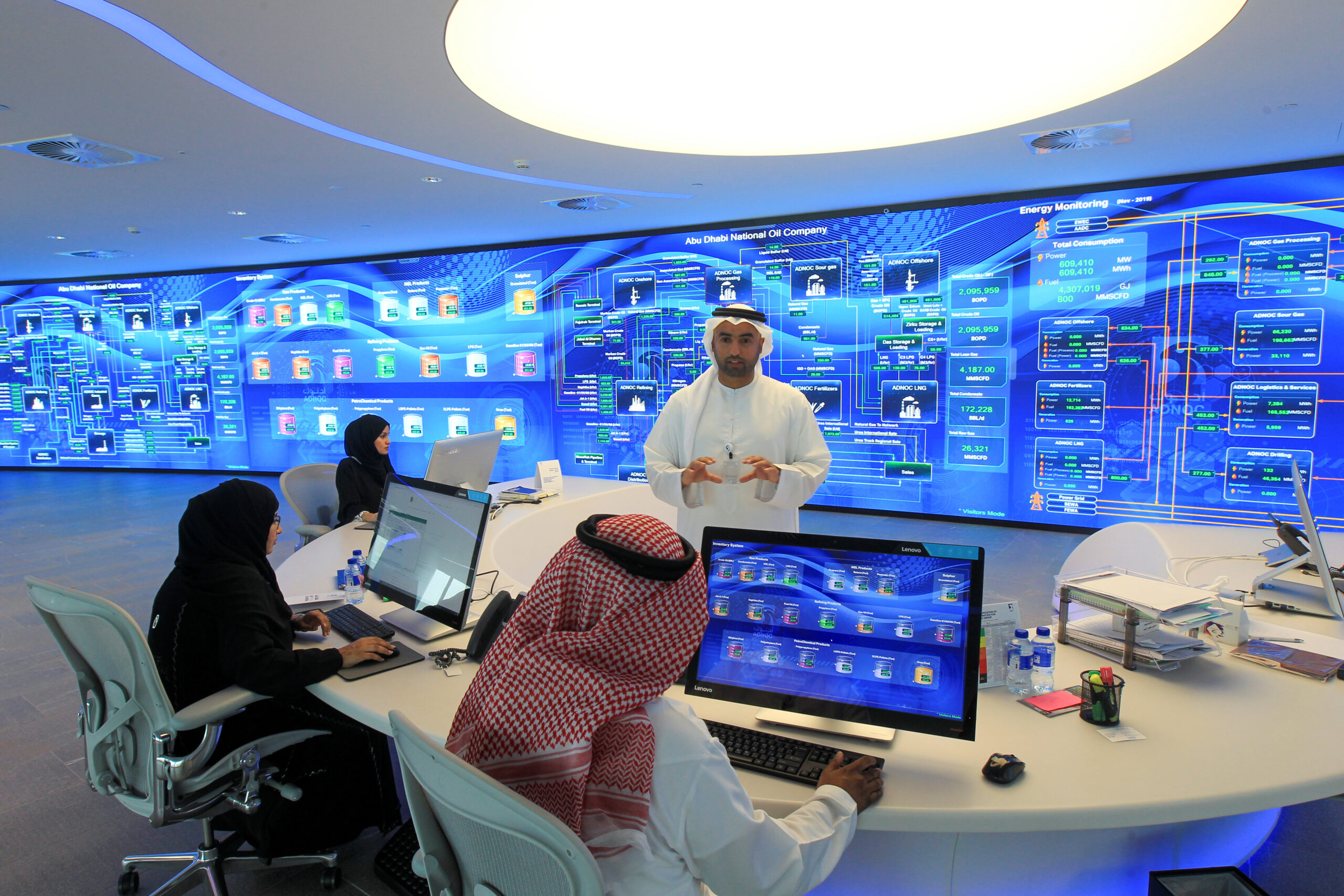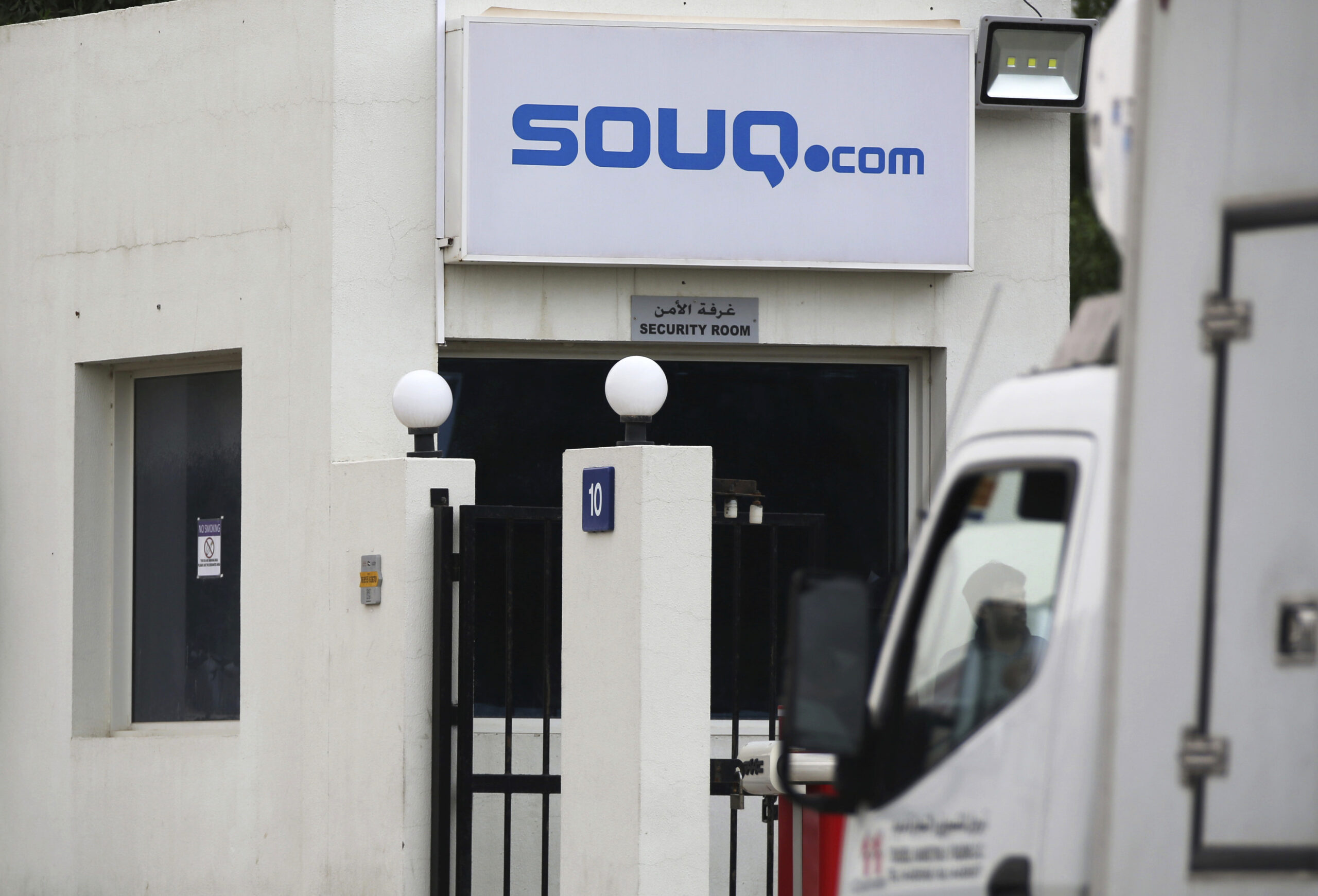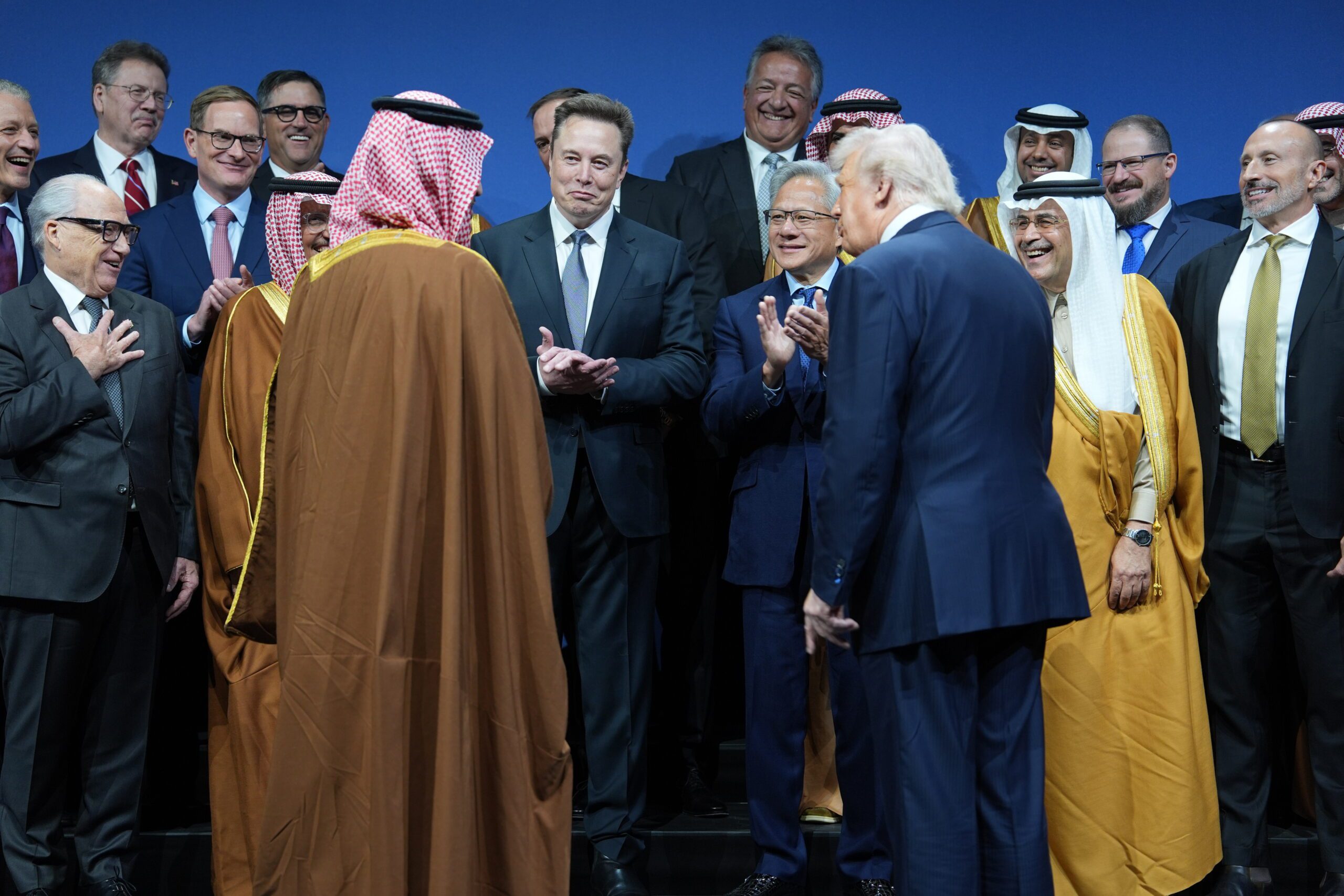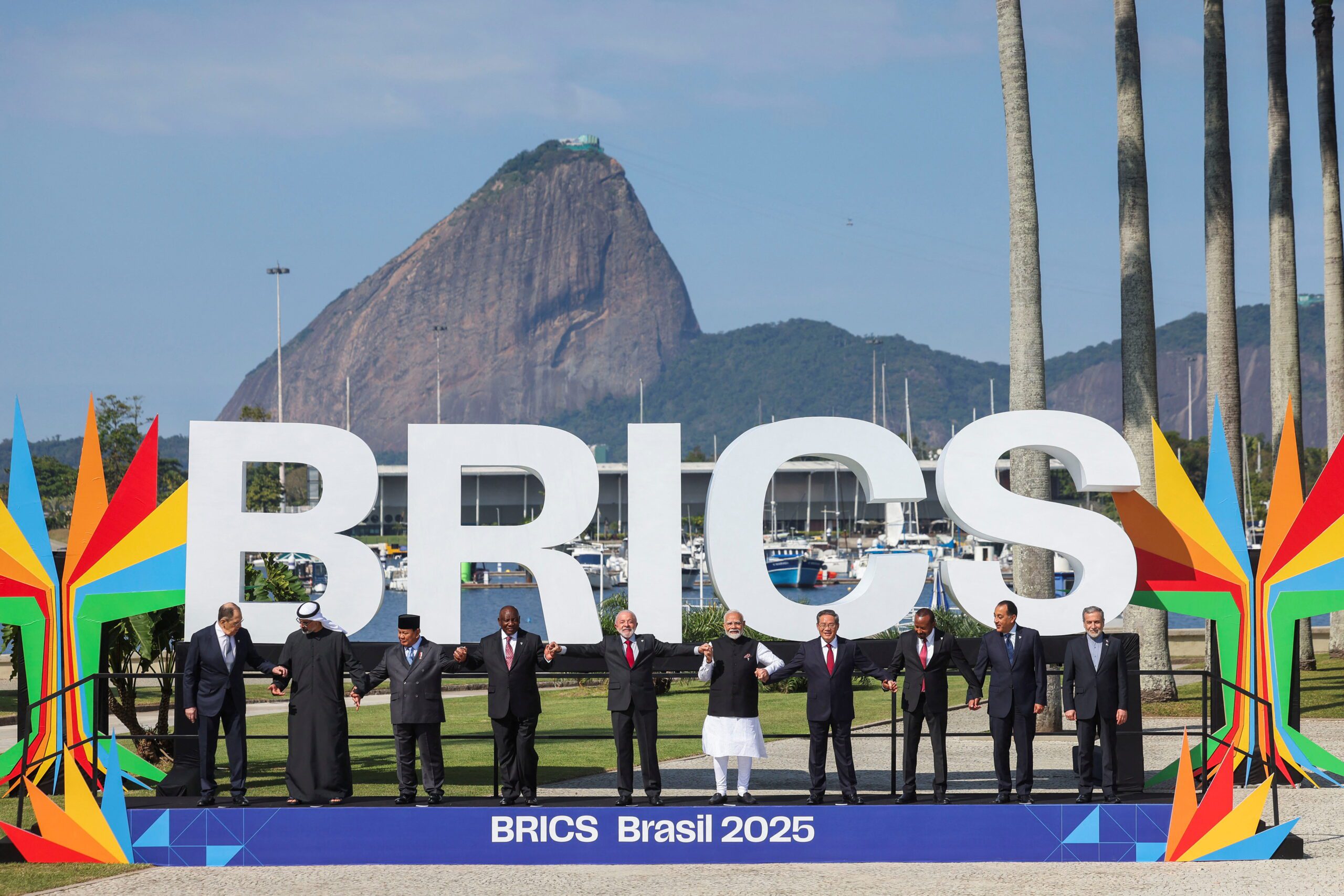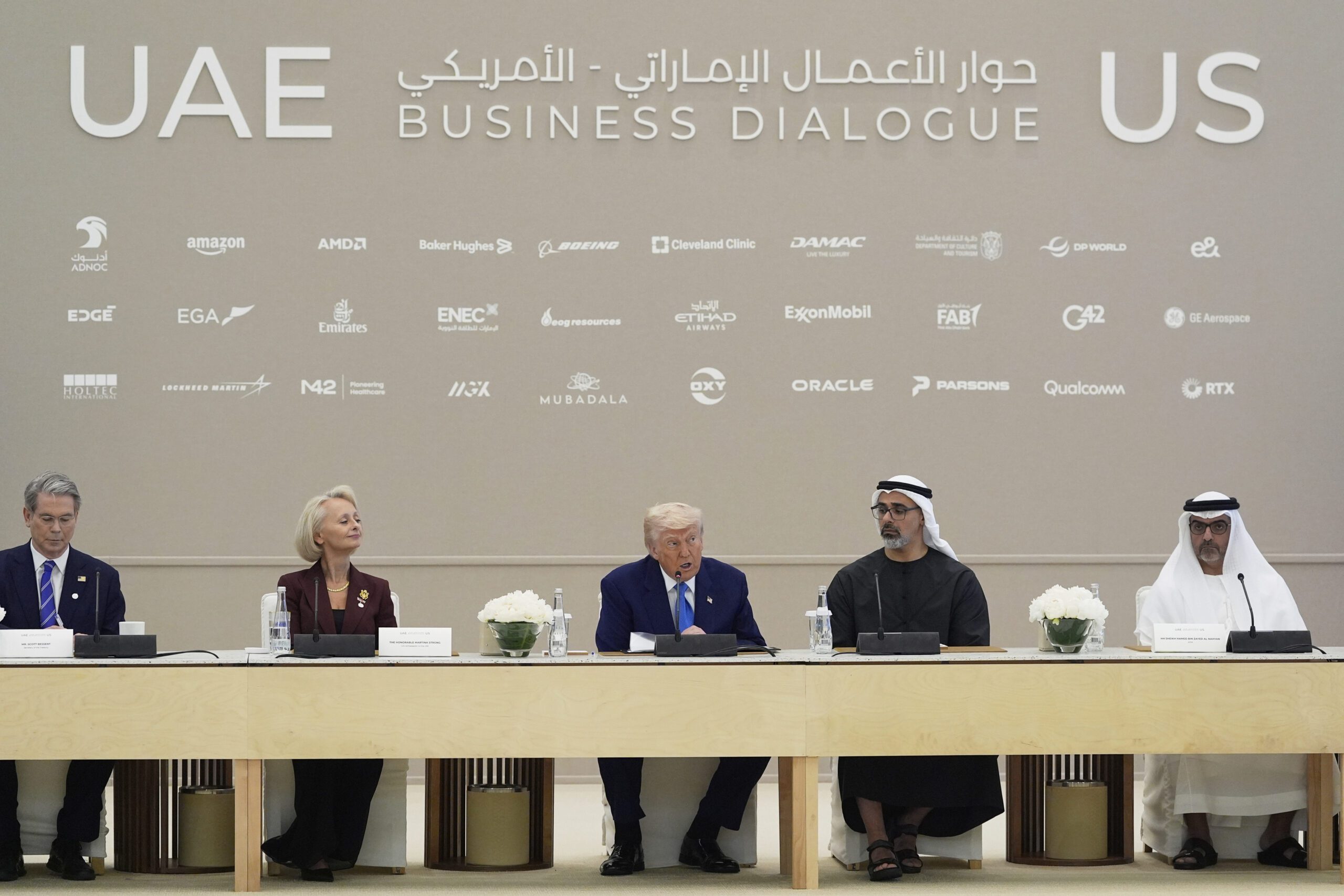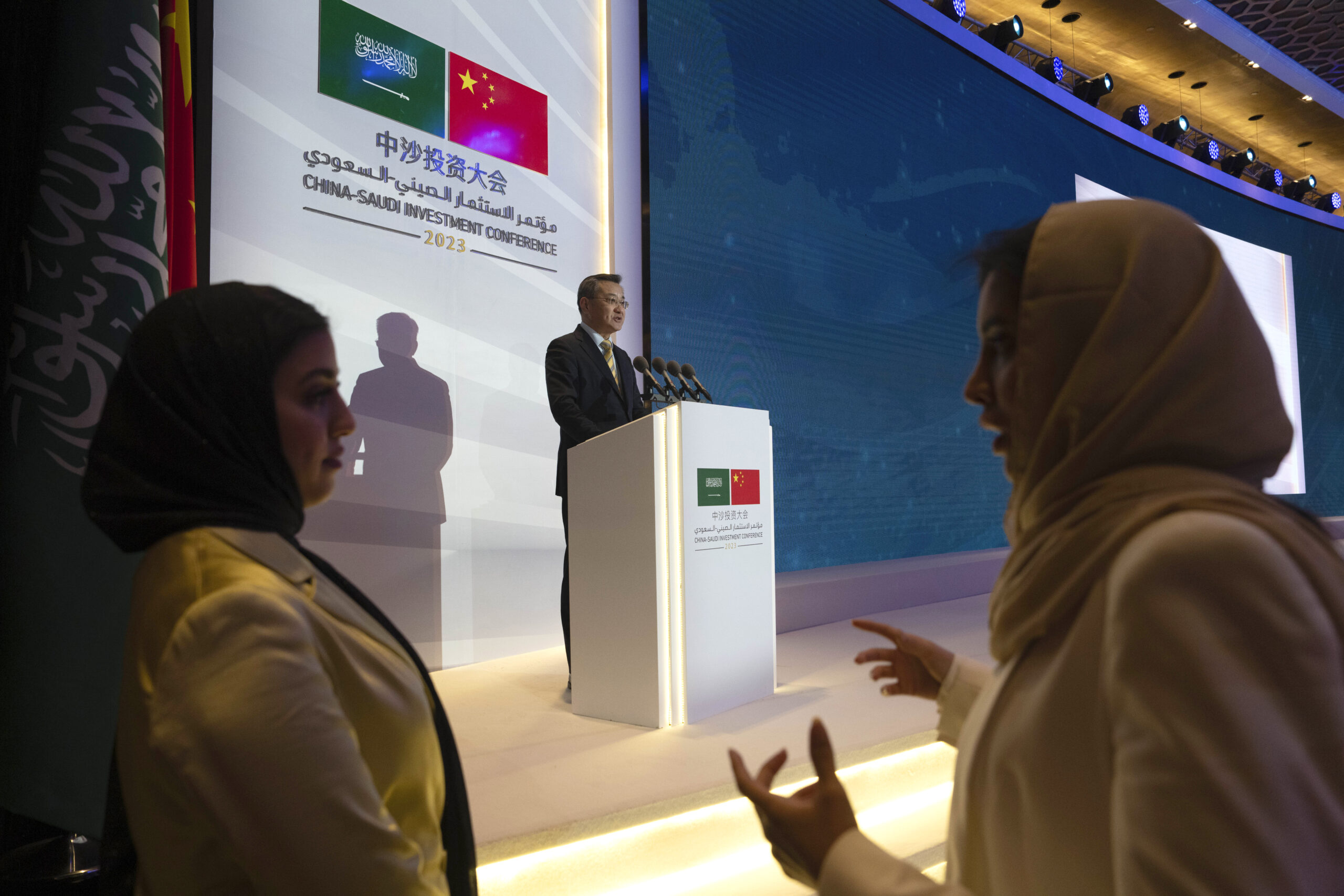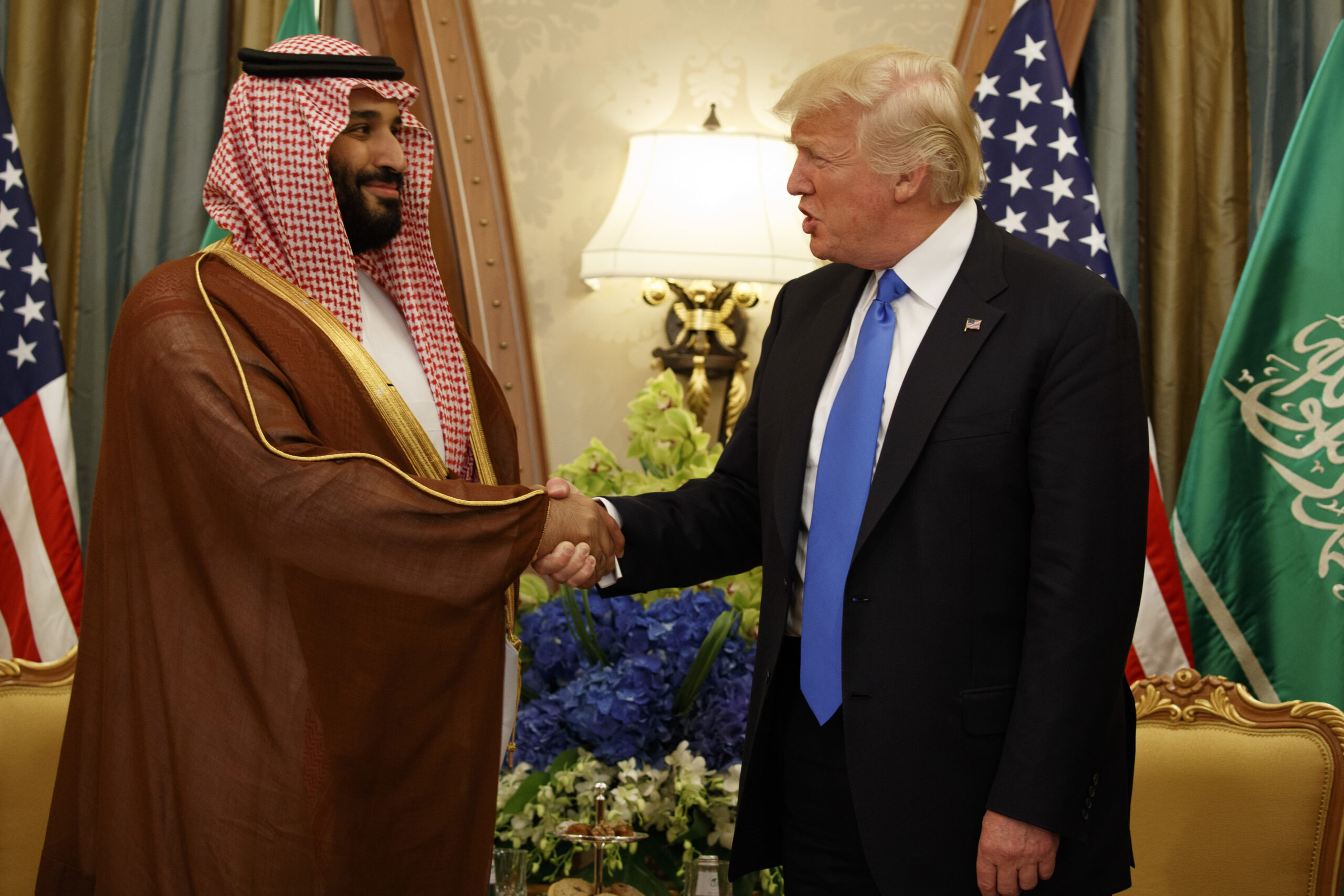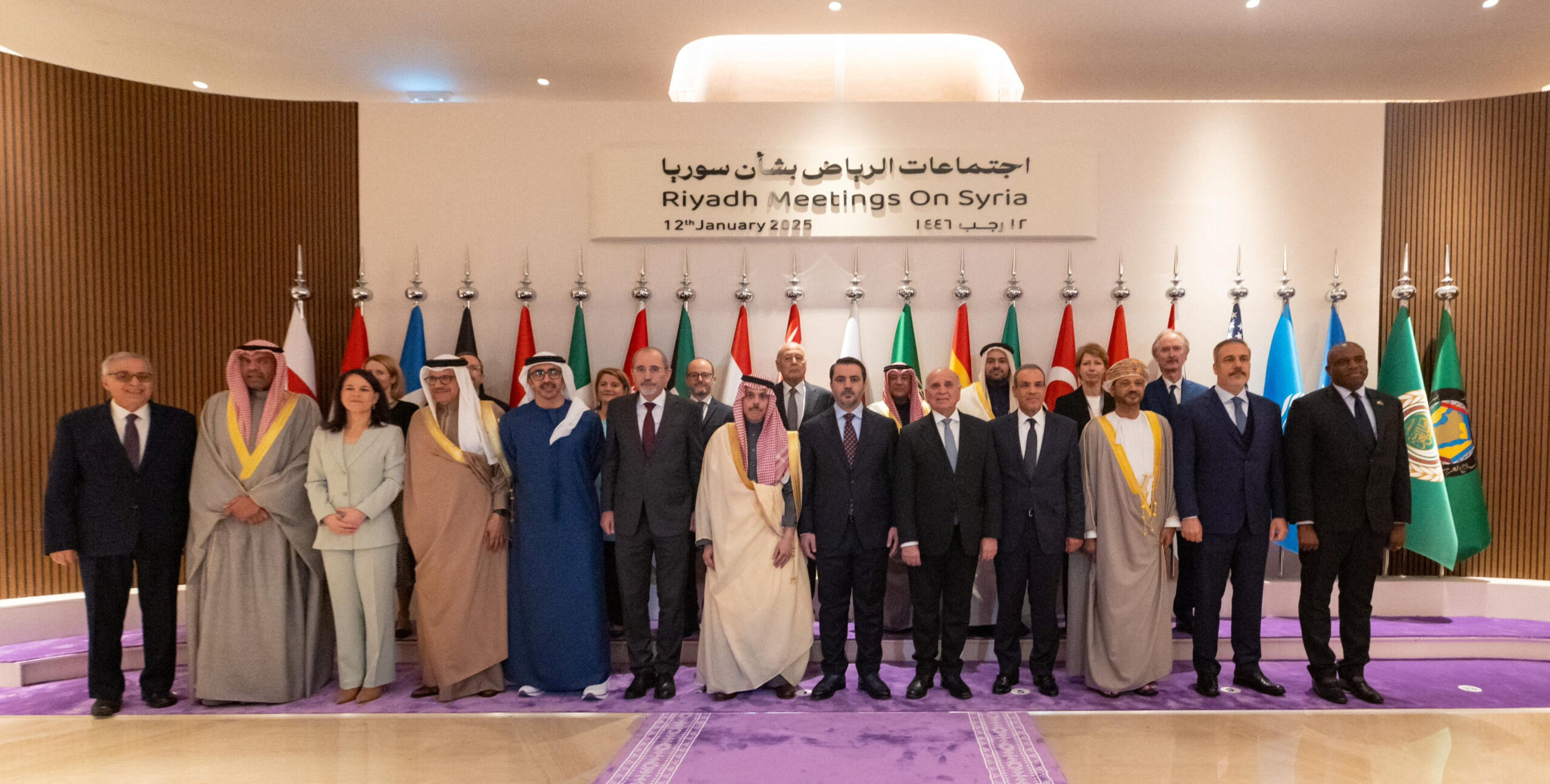Sovereign Data: The Development and Marketing of Bahrain’s Digital Domain
Gulf Arab states like Bahrain cannot preserve the traditional form of their economies indefinitely, but they can influence how their new digital future will unfold.

Executive Summary
Bahrain is a small country with big digital growth ambitions. Enabling better data access, management, and utilization is an important economic differentiator for Bahrain. In April 2017, Bahrain’s government published a Cloud First Policy to modernize government information and communications technology, by using cloud computing services. The government introduced a Personal Data Protection Law in July to better align Bahrain’s data protection frameworks with global best practices. The Bahraini government passed another law concerning the provision of cloud computing services to foreign parties through Legislative Decree No. 56 of 2018, establishing a legal framework for hosting external content on Bahraini data centers.
Bahrain’s aspirations to become a regional data-hosting hub have met with some early successes. In 2019, Amazon Web Services opened a Middle East “region” in Bahrain, which entailed the deployment of AWS data centers and linking them to the company’s global network. Bahrain’s economic policy officials also see high-growth potential in partnerships with Chinese firms. For example, Huawei and China Telecom are involved in rolling out controversial 5G mobile network infrastructure across Bahrain.
Some U.S. officials fear that Chinese technologies could be leveraged for cyberespionage purposes. The Bahraini government has thus far mitigated security concerns by balancing the involvement of U.S., European, and Asian technology partners in the development of its digital domain. Challenges surrounding cyberspace and data issues in the Gulf region, however, are set to intensify. The economic shocks caused by the coronavirus outbreak and oil price rout have increased fiscal pressure on Gulf Arab governments, which will look for cheap, advanced technologies and digital applications to provide services to citizens and protect their economies.
The views represented herein are the author's or speaker's own and do not necessarily reflect the views of AGSI, its staff, or its board of directors.

